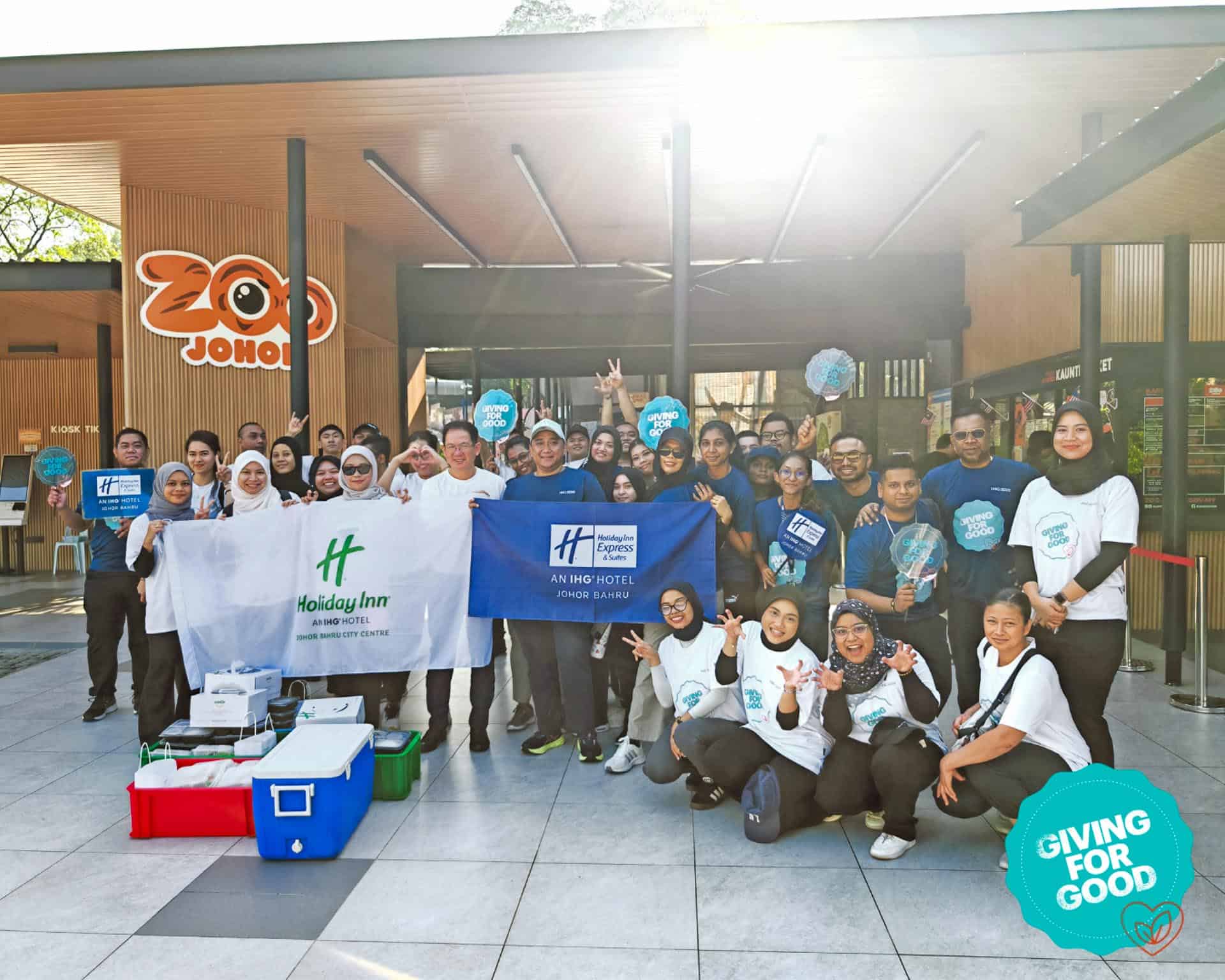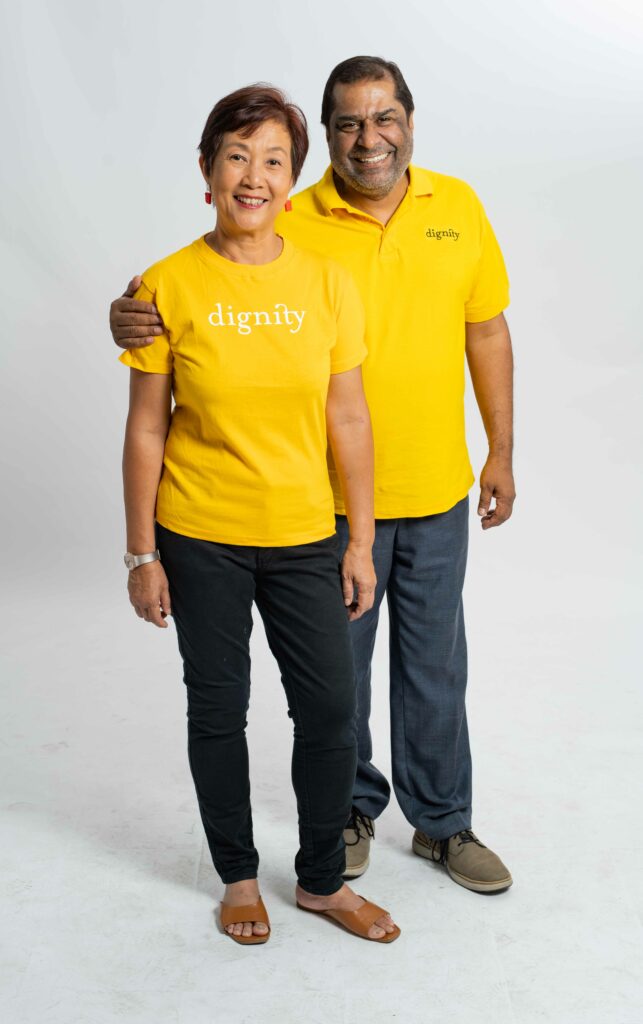

Sentul-based NGO, Dignity for Children Foundation (Dignity) warns of escalating numbers falling below poverty line and growing plight of thin wallets and scarcity of food on the table with continuous unchecked hike in cost of living.
Not wishing to be an alarmist, Dignity concedes that it has to be a realist and acknowledge the real and present danger to be faced by larger segments of marginalised society.
“Poverty is more than financial scarcity and limited access of basic necessities but more social problems ranging from social exclusion, increased health risks, searing psychological and emotional scars and many other damaging conditions,” said Elisha Satvinder, Cofounder of Dignity.
Dignity, which runs a school and several transformational enterprises for the B40 and migrant communities in the Sentul area since 1998, predicts that 2024 will be even more challenging than 2023.

It foresees that the current waiting list of 900 children from the marginalised community to gain entry into its school would rise exponentially.
“As families struggle to meet the continuous rise in cost of living, the number of our students requiring welfare and financial support to remain in school will rise in tandem. That’s at one end of the spectrum. At the other end, the children will also likely to drop out and go to work to supplement their household income,” added Satvinder.
The challenge for Dignity is to be able to take in more children, keep the children in school, and also provide welfare and financial support within its means. Commented Satvinder: “Education is the basic right and we do not want our children, be they the ones on the waitlist or already in schools, to be deprived of that right.”
While Dignity is dependent on its Sponsorship Programme for the funding, it also understands that sponsors need to tighten belts and be more austere in challenging economic situations.
“Even with shrinking amount of sponsorship in view of affordability, we hope that there will be more individual sponsors coming forward to sponsor students. Collectively, the smaller amounts can aggregate to more so that Dignity can continue to meet the needs of its students on a more holistic level,” said Satvinder.
Recounting what Dignity has done in the past, Satvinder added that social-emotional learning is integrated into all education programmes to strengthen emotional intelligence and resilience. This is vital as many of its children are vulnerable coming from backgrounds where trauma and abuse are commonplace and made worse by external challenges.
And, as not all children are academically inclined, Dignity expanded its skills training and entrepreneurship programmes under its Urban Youth Education Village concept. It opened a retail shop so that its students can gain frontline retail experience. It also expanded its Farm Academy in Bentong to encompass sustainable agriculture and poultry farming. The move aims to increase employability and spur entrepreneurship.
“In our 25 years of operations, we recognise that transformation and change do not happen overnight. There is no instant gratification in rebuilding lives and someone’s future.
“My wish for 2024 and beyond is for more corporations and individuals to recognise this and approach social responsibility from a macro, long-term commitment perspective. This shift in perspective will go a long way in helping those in need and NGOs to better strategise and plan,” Satvinder observed.